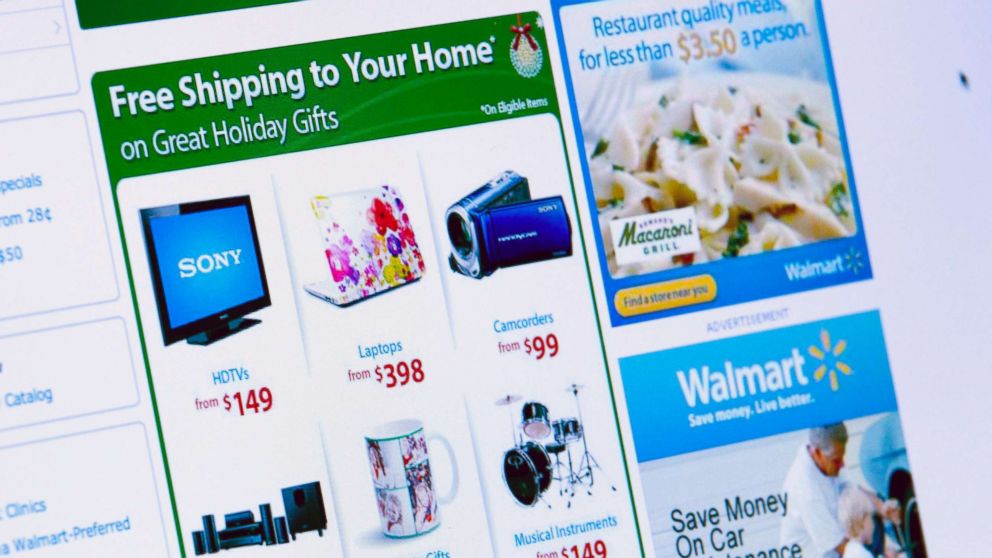Deal-hunting online is constantly changing. Here are 4 trends you should know before Black Friday

Deal-hunting online is constantly changing. As we head into the holiday shopping season, it's the perfect time to start thinking strategically about the new ways retailers are offering discounts so that you can maximize your savings.
Fewer deals, different coupon codes
Are there just fewer big deals to be had? I asked the browser extension company, Honey, that automatically applies coupon codes, to look at data on the number of codes in circulation. They tell me they are seeing more codes than ever, but as a consumer, I feel like the price cuts are smaller. That's anecdotal but some tangible factors lead me to believe that there are fewer price-cuts on offer. First, the economy is at an all-time high and unemployment at historic lows. Thus consumers are more willing to pay full price. In online trade journals for marketing professionals, there’s talk of increased costs associated with manufacturing and production that are cutting into profits. Instead of raising prices to offset that cost increase, the current tactic proposed by industry leaders is to minimize discounting. I am anecdotally noticing fewer coupon codes that offer blanket discounts on purchases. I use Honey to automatically search for and apply codes and it has had a lower success rate for me over the past few months compared to previous years.
Bottom line: Don’t expect coupon codes to net you huge cuts on purchases as they may in previous seasons.
Editor’s Picks
You can find deals with automated bots that comb the internet looking for the biggest discounts
If you go into a department store and want a deal, you go to the sale racks in the back of the store. This analogy holds for online shopping too: new online sites comb the web for inventory reductions, liquidations and random price cuts. Using a combination of bots and human editors, sites like Wirecutter, Deal News and Camel Camel Camel list the items that are most heavily discounted.
Bottom line: If you're willing to browse for heavily discounted items, deal aggregator sites can point you to discounts. But it’s not an effective way to shop for a specific item you need.
Discounts do happen during sale holidays
Sites that track deals find the lowest prices around specific sale-holidays. In these times retailers must discount their goods to lure you onto their site and away from their competitors. The upcoming Black Friday period is still expected to offer the best prices on electronics and blanket discounts on clothing as shoppers prepare for the holidays. These deals can start as early as the second week of October. The key for consumers is to make a list and start tracking prices now. Use sites that let you search Black Friday items like Blackfriday.com, bfads.net.
Bottom line: Deals start early as early as mid-October but the steepest discounts on electronics happen on Thanksgiving.
Social media is encouraging us to buy while browsing
Recently, an image of a huge pink ring appeared in my Facebook feed. It was an ad and out of sheer curiosity I clicked on it, which launched a retailer's app I already had installed on my phone. The product in question turned out to be a nail polish holder, which I had no interest in buying. But while I was in the app other items tied to my purchasing history popped up. The ad that piqued my curiosity had lured me into a shopping app. Next thing you know I was buying something else. Retailers are enticing us to open their apps when we are in social media browsing mode, encouraging us to buy items we don't need.
Bottom line: If you can hold off on shopping for now, you will have more cash to spend during the shopping holiday when things are discounted.
Becky Worley is a technology correspondent for ABC News and "Good Morning America" who has been covering technology since 1998..





